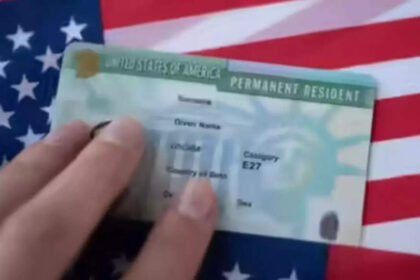US President Donald Trump on Thursday signed an executive order directing federal regulators to investigate whether banks have discriminated against conservatives or certain industries, including gun manufacturers and cryptocurrency firms.The order takes aim at what is known as “debanking”—when banks close accounts or refuse to do business with certain individuals or sectors, AP reported.Trump accused major banks, including JPMorgan Chase and Bank of America, of cutting ties with him after he left office in 2021, claims both banks deny. Trump said that after JPMorgan’s move, he subsequently approached Bank of America with the intention to “deposit a billion dollars-plus”. However, the bank declined to provide him with an account.“The banks discriminated against me very badly, and I was very good to the banks,” Trump told CNBC earlier this week.JPMorgan Chase clarified in a statement, saying, “We don’t close accounts for political reasons, and we agree with President Trump that regulatory change is desperately needed.”Under the executive order, regulators must ensure banks do not target customers based on political or religious beliefs, investigate alleged discrimination, and refer cases to the Department of Justice within 120 days. The move could expose banks to civil or criminal probes, fines, or other penalties. The order also directs regulators to eliminate “reputational risk” from their assessments of banks’ safety and soundness. This metric historically used to flag industries seen as high-risk, such as payday lenders, firearms makers, or businesses operating in high-risk countries—was used under Democratic President Barack Obama’s DOJ to discourage banking ties with certain sectors.Conservatives have long argued reputational risk gives banks cover to discriminate. The banking industry says it does not engage in political targeting, but many banks have already removed references to reputational risk from policies since Trump returned to the White House.Major banking lobby groups issued a joint statement backing the principle of fair treatment, saying, “It’s in banks’ best interest to take deposits, lend to and support as many customers as possible. Unfortunately, regulatory overreach, supervisory discretion and a maze of obscure rules have stood in the way as the (executive order) makes clear.”Banking experts note reputational risk can be useful when combined with other metrics to prevent banks from doing business with companies that repeatedly break laws or violate anti–money laundering rules. Trump’s directive signals a wider push to curb what he views as politically motivated financial discrimination, an issue he says is not just political, but personal.







